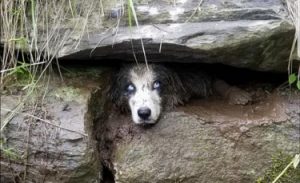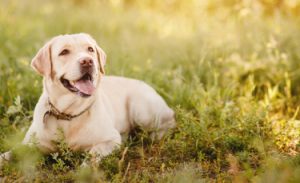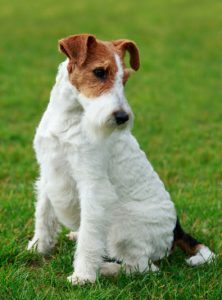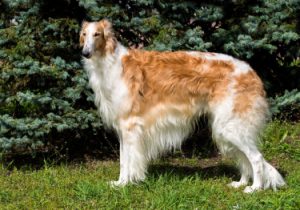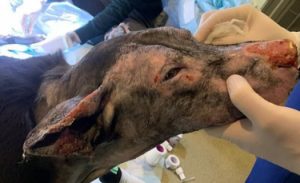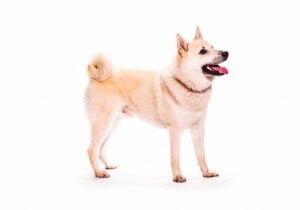How can you be sure that you are making the right choice when adopting or acquiring a dog intended for hunting? Should we rather opt for a male or a female? Does a puppy have more benefits than an adult dog? What abilities should he display? Here are the questions that we ask ourselves most often when we plan to orient ourselves towards a hunting dog.
If you opt for the adoption of a hunting dog , the animal must have certain qualities to properly fulfill its role vis-à-vis the game and take pleasure in doing so. Stopping, rapport (ability to find, pursue and bring back game), the ability to navigate difficult terrain and flair are part of the arsenal of a good hunting dog. These are skills to be detected and developed from a dog’s earliest age, but they are not the only selection criteria. The daily behavior of the animal, its ancestry and its age are also among the crucial points to take into account before settling.
Find out about your ancestry
The first thing to do is to learn as fully as possible about the origins of the dog.
Try to get as much information as possible about his parents , consult their documents and ask to know their hunting behavior. Ask the breeder if they are persistent, if they have a fine nose, if they do the report correctly and if they are not reluctant to cross obstacles to pursue game.
Study your behavior outdoors
A dog’s ancestry determines part of a dog’s hunting skills, but it is not everything. Even a dog that is not from a pure line can display qualities that are highly sought after in hunting action, such as the ability to move on wet and rough terrain, gear, stopping or even a fine nose.
You should therefore observe his behavior outdoors : if he has a tendency to nosy, sniffle and be curious, you may be holding the right hunting dog. Also try the shotgun test , ideally before the age of one. Do not judge the dog on the first few attempts if they are unsuccessful. He may need more tries to familiarize himself with it and stop being afraid.
Look for breeders or individuals?
If you are inexperienced, it might be best to contact a breeder . It would first be necessary to ensure the quality and professionalism of the latter. Discussion forums can help you find some good pointers in this direction. Or better yet, if you have passionate hunters around you, don’t hesitate to ask them for their opinions on the breeders they know.
If you are sure that you can choose your puppy correctly and learn it well, you can turn to an individual who has a litter. Again, remember to ask as many questions as possible about the ancestry and the behavior of the parents on the hunt.
Puppy or adult?
The puppy has a few advantages, just like the adult. It is obvious that a dog who has been around you from an early age will allow you to build a more solid relationship . You provide education and training , so you know the animal by heart (also it for that matter) and are thus sure of the quality of its training.
Bonds can be just as strong with an adult dog, especially if it has benefited from quality education and socialization from its former owner. You can quickly test the hunting skills and character of an adult dog. It is also possible to detect hereditary defects such as hip dysplasia , which do not manifest themselves at a young age.
Read also: The 10 fastest dog breeds
Male or female ?
When hunting, males are often preferred to females . Not that the latter are less gifted (they are not), but rather because of their periods of relative unavailability and behavioral disturbances. These are linked to heat , which occurs twice a year for 3 weeks, as well as nervous lactation (2 or 3 weeks). In total, it’s been 8 to 9 weeks which are likely to fall, in part, during the hunting season.
</p


